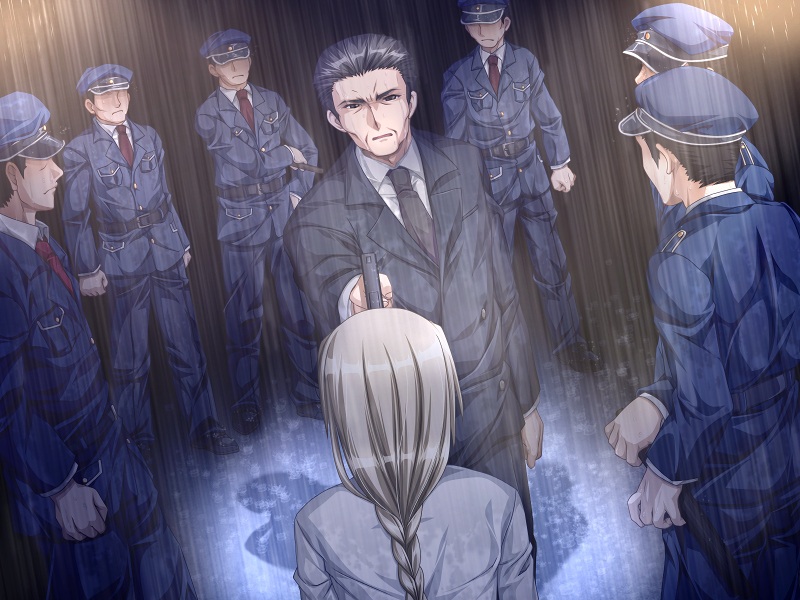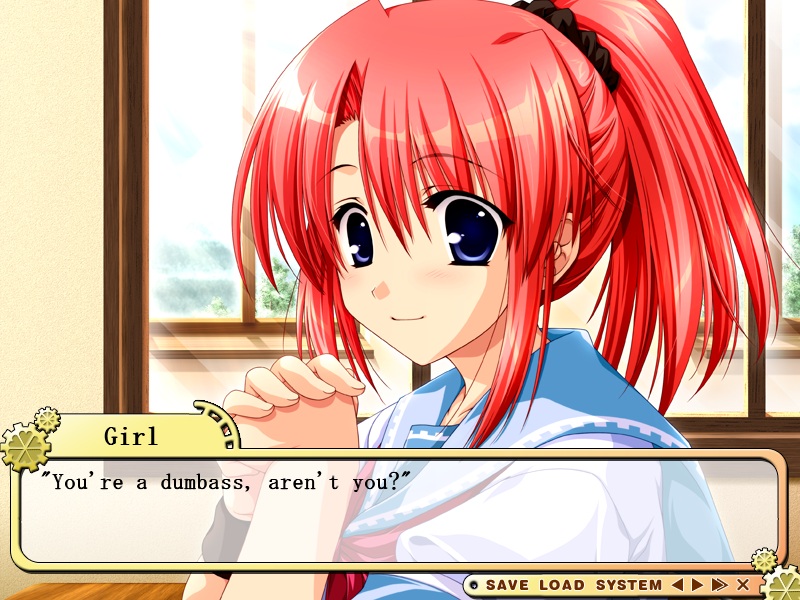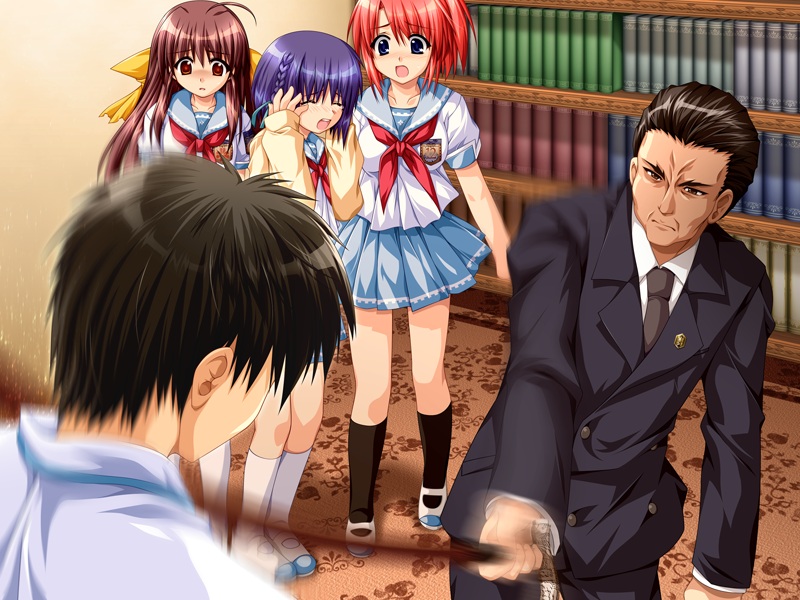A Dystopian Bildungsroman of a Visual Novel, Sharin no Kuni
By EquitasInvictus 14 Comments
I don't typically pick up visual novels; but then again, I don't typically expect fascinating dystopian fiction in visual novels, either. That is the reason why I am most surprised a story like Sharin no Kuni, Himawari no Shoujo (Wheel Country, Sunflower Girl) ended up being a visual novel as opposed to more popular media of fiction. As my longest experience with a visual novel, I was surprised at how committed I became to finishing it. In the order of 20-30 hours, I ended up marathoning this over the course of four nights. I even picked up a fandisc for the sole purpose of reading through the backstory of the antagonist, which actually did tie in with the overarching plot nicely.

Before this, my only other experience in the genre was G-Senjou no Maou (produced by the same company, Akabeisoft2). I especially appreciated it for its story of crime and intrigue, with the protagonist overcoming most of his obstacles with quick wits and competent detective work, but I digress. From G-Senjou no Maou and how much I appreciated it, I ended up reading more about the company that produced it and how they wrote another visual novel in which the first "heroine" you meet gets shot dead two lines after she is introduced. I was obviously entertained by this idea and eventually decided to finally pick up Sharin no Kuni just to find out why that would conceivably happen in a visual novel. It turned out to be much more than I was expecting.
Essentially, the dystopian aspect behind Sharin no Kuni, which the protagonist makes clear from the very beginning, is the fact that there are no prisons or capital punishment in the setting's society – instead, criminals are punished with "obligations," handicaps placed on their everyday life in order to compel them to rehabilitate from their wrongful ways. It sounds like a romantic ideal at first, but crimes in that setting are a little more ambiguous with punishments that are much more severe. For example, one of the heroines you encounter accumulated a debt that stemmed from her gambling problems and inability to find employment. Her "obligation" is a day reduced to 12-hours by means of a pill that will "stop" her mind and body for a 12-hour period she is required to take on a daily basis (and it doesn't come with benefits of sleep, either; she has to do that in the time she is not stopped.) Also, despite the lack of prisons and capital punishment, people who don't follow their "obligations" are shipped off to concentration camps, a fate worse than death that stresses the incentive of following one's obligation.

At this point, I have to say the concept of obligations was a clever means to justify the fact that this is a visual novel. The protagonist is starting his final exam to be among those responsible for administering and overseeing the obligations and rehabilitation of others (the prestigious title known as "Special High Class Individual"), and the premise is set up with the revelation that in order to pass his final exam, he must rehabilitate three girls with different obligations in monitoring their everyday lives while compelling them to change the behaviors so that they may be considered rehabilitated with their obligations revoked. It is much easier said than done, however, because these girls have real problems that aren't even necessarily their fault (hence how the society of the setting is dystopic and inherently flawed)! The protagonist isn't in the best situation, either, with two of the three girls being from a regrettable point of his past causing him to assume a different identity in the game's present.

Between the protagonist's objective to rehabilitate the girls and him trying to make up for his greatest regret, I would call this a story a dystopian bildungsroman with themes of redemption and sacrifice. I would actually go so far to say that I was not as compelled by the protagonist as I was with the development of the heroines, but I feel like that is to be expected with this genre of games. Nevertheless, Sharin no Kuni features a surprisingly deep story that I would recommend to anyone interested in the visual novel genre or willing to pick one up for the first time.
This also has me wondering about other great stories uniquely contained in the form of visual novels or other niche genres.
